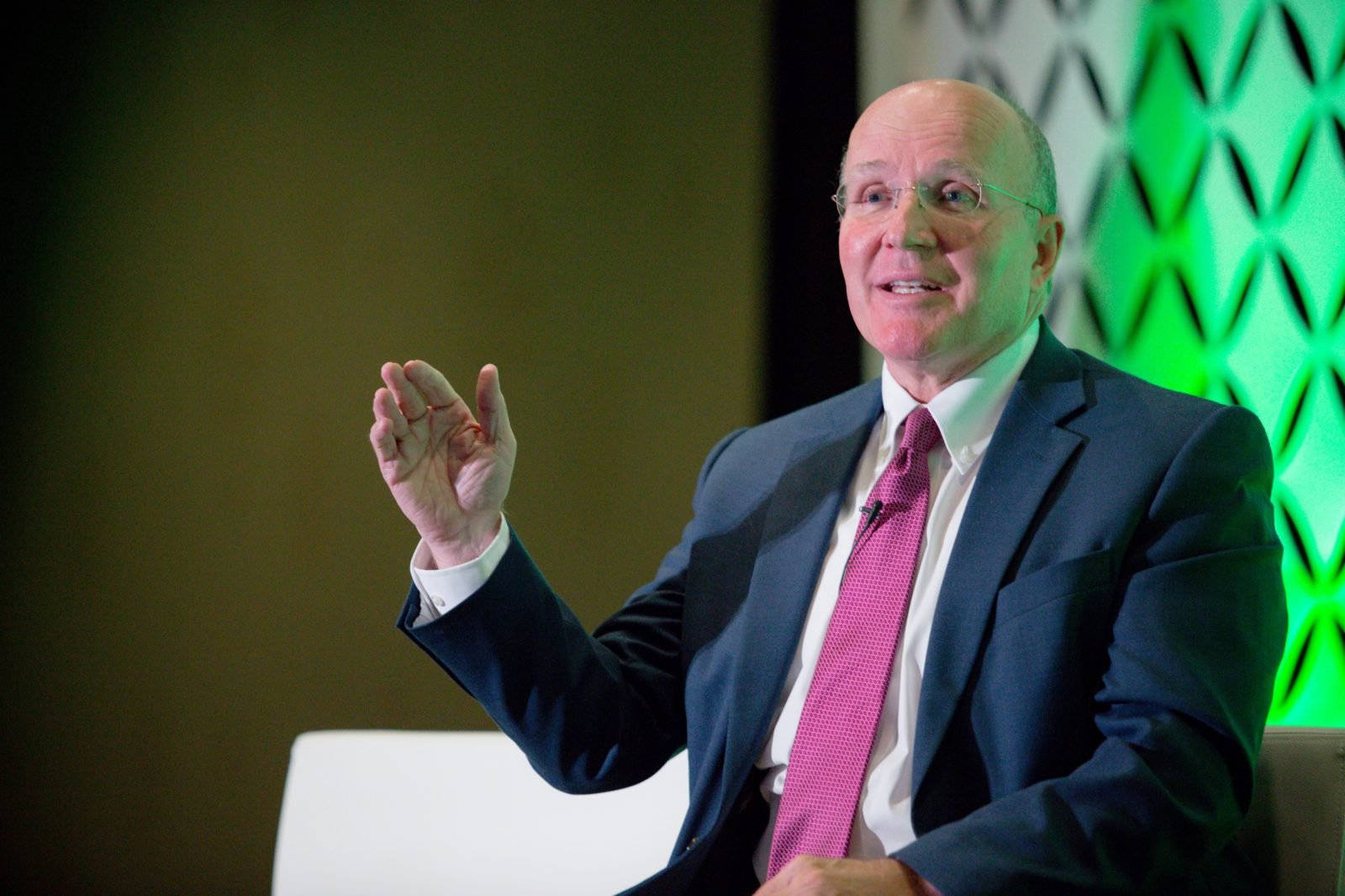This was an unbelievable show with eye-opening insight into medical pricing practices!
Dr. G. Keith Smith is a board certified anesthesiologist in private practice since 1990. In 1997, he co-founded The Surgery Center of Oklahoma (SCO), an outpatient surgery center in Oklahoma City. SCO is owned by over 50 of the top physicians and surgeons in central Oklahoma. Dr. Smith serves as the medical director, CEO, and managing partner while maintaining an active anesthesia practice.
The free-market focus of the Surgery Center, the innovator of this free market model in the U.S., has gained the endorsement of policymakers and legislators. Dr. Smith hopes as many facilities as possible will adopt a transparent pricing model, a move he believes will lower costs for all and improve the quality of care. Dr. Smith is also the co-founder of the Free Market Medical Association. The association provides a platform where buyers, both individuals, and employers, who are seeking high quality, affordable healthcare can find free-market minded sellers, both physicians, and facilities.
Dr. G. Keith Smith is a board-certified anesthesiologist in private practice since 1990. The Surgery Center of Oklahoma is owned by over 50 of the top physicians and surgeons in central Oklahoma. Dr. Smith serves as the medical director, CEO and managing partner while maintaining an active anesthesia practice.
Here are Ed’s questions from the show:
Share the origin story of The Surgery Center of Oklahoma.
You mentioned in your podcast with Russ Roberts that you have about 300 companies that engage with you with self-insurance. Are they small or large companies?
Do you fear that government intervention might come along someday and make what you do illegal, or a full-on single payer system?
Do Americans really pay the most for healthcare, or is it all these shadow prices that appear on the Explanation of Benefits form?
Do you think your model could be Uberized, an app that could connect people who need surgeries with physicians? [Yes, check out the Free Market Medical Association, FMMA.org, shop health tab].
Here are Ron’s questions from the show:
In 1977, the Bates case was decided by the Supreme Court, based on a law firm that published prices, [which opened up advertising for professional firms]. I’ve got to imagine that you’ve drawn arrows because prices are published front-and-center on your website?
[The only organization that copied Dr. Smith’s website, without permission, is UCLA].
Your Website shows a Hip replacement = $15,499 (Hernia = $3060), and it’s all in, isn’t it?
Dr. Smith mentioned two clearing houses for medical prices Atlas Billing Company and the other is the Free Market Medical Association [FMMA.org, shop health tab].
How can you do it so cheaply, or a better question, why are others charging so much?
You haven’t raised base prices in 20 years, is that right?
And the fascinating thing is your Surgeons make more than any other facility?
You can’t just compete on price, but also quality. Because your prices are so low, quality is even more salient? How do you convey your quality? With metrics: infections (yours was 0% in a prior year), readmissions, etc.?
You said in the EconTalk episode: “If something doesn’t go well, we don’t make more money?” Explain how you handle surgeon errors.
You gave another example of a guy who had a Hernia operation, the guy goes back to work and lifts, destroys repair, and you waived price and had him just pay the costs of supplies.
You also reduce the surgeon’s fee when they mis-diagnose a patient?
What about the poor who can’t even afford your low prices. As you say, at current prices, we’re all poor!
Here are a few additional resources that we touched on during the show:
Dr. Keith Smith’s interview with Russ Roberts on EconTalk.
Russ Robert’s article, “Health Care Without (much) Government,” November 21, 2019.
Russ Robert’s post-mortem on his interview with Dr. Keith Smith.
Bonus Content is Available As Well
Did you know that each week after our live show, Ron and Ed take to the microphone for a bonus show? Typically, this bonus show is an extension of the live show topic (sometimes even with the same guest) and a few other pieces of news, current events, or things that have caught our attention.
For this bonus show we were fortunate enough to continue our conversation with Dr. Keith Smith. Click the “FANATIC” image to learn more about pricing and member benefits.












